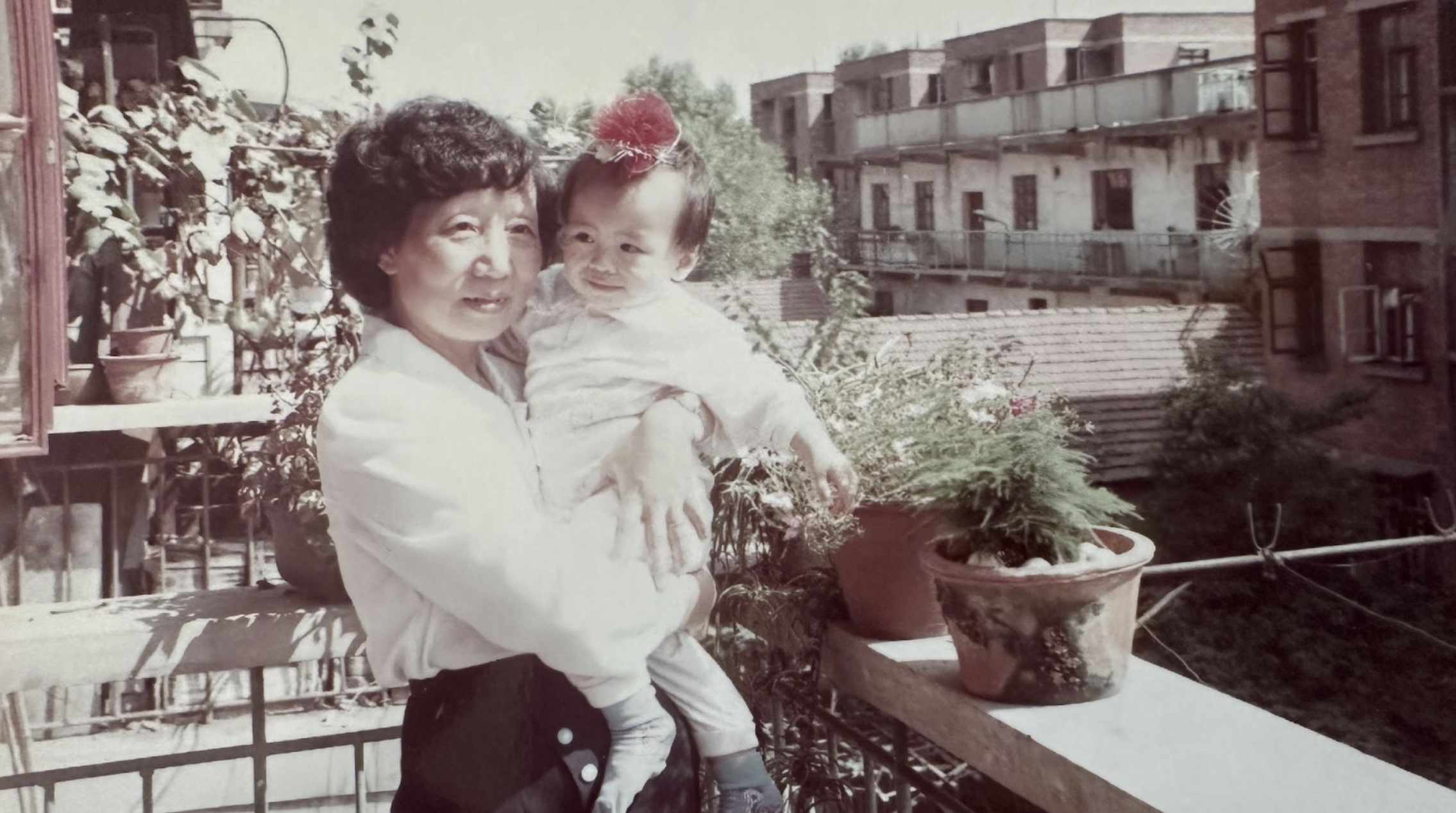Newsrooms the world over continue to tick and rattle with updates on the pathogen Covid-19, first reported under the names coronavirus, novel coronavirus, and Wuhan coronavirus.
That last one goes against the WHO’s guidelines for naming diseases, and we’ve already seen the consequences of the virus’ reputation as an “Asian disease”. Against that backdrop, let’s remember how much Wuhan has to offer, as a city that really doesn’t deserve this PR nightmare.
Here are five things that have helped define the provincial capital of Wuhan — and have nothing to do with the virus.
1. Tennis Great Li Na
Perhaps the biggest ambassador for the city on the global stage is Li Na. The Wuhan native was the first Asian woman in history to win a Grand Slam singles title, single-handedly swinging tennis into China’s mainstream, and causing a general racket.
![]() Li Na – Tennis Legend and Tireless Champion – is Now a Hall of FamerChinese tennis legend becomes the first Asia-born player to be inducted into the International Tennis Hall of FameArticle Jul 22, 2019
Li Na – Tennis Legend and Tireless Champion – is Now a Hall of FamerChinese tennis legend becomes the first Asia-born player to be inducted into the International Tennis Hall of FameArticle Jul 22, 2019
Puns aside, Li Na is Wuhan’s superstar — without her, there would be no Wuhan Open, the international tournament of which Li Na is an ambassador. In 2019, she became the first Asian-born player to be inducted into the International Tennis Hall of Fame.
Another sporting woman making the city proud is footballer Wang Shuang. The AFC Player of the Year winner and former Paris Saint-Germain star is currently under lockdown in her hometown, but that hasn’t stopped her from continuing to train:
Wearing a facial mask, Wang Shuang keeps training in a roof-top in her hometown Wuhan for her Olympic dream. She and her 3 teammates will miss the AFC women’s football Olympic qualifying 3rd round in Australia since they live in cities under lockdown(3 from Wuhan 1 from Wenzhou). pic.twitter.com/lwZp81uLjT
— Titan Sports Plus (@titan_plus) February 5, 2020
2. The Beginning of the End for 4,000 Years of Dynastic Rule
Wuhan is a city of crucial historical importance — it’s the site of the Wuchang Uprising, the first blow in the Xinhai Revolution that would later topple the Qing Dynasty.

With tension growing around the Qing government’s plan to nationalize local railway developments, an unprepared militia found itself launching a mutiny against city authorities. Nonetheless, the uprising was successful, driving the viceroy from his residence and establishing a Hubei military government. Its date is still celebrated annually in Taiwan as the birthdate of the Republic of China.
3. The “First” Chinese Punk Music
This one changes depending who you ask. Some people say Beijing, others say Wuhan. And it’s not a hard sell for the latter, given its history of rebellion.
If you want a taste of Wuhan’s punk scene, we invite you to dive down this rabbit hole:
 “We Sing This Song For You, Wuhan!”: A Short History of Wuhan PunkMore than just the epicenter of the recent virus outbreak, Wuhan is a complex and beautiful city with a long history of revolution and dissent — and punk rockArticle Feb 11, 2020
“We Sing This Song For You, Wuhan!”: A Short History of Wuhan PunkMore than just the epicenter of the recent virus outbreak, Wuhan is a complex and beautiful city with a long history of revolution and dissent — and punk rockArticle Feb 11, 2020
And if punk isn’t quite to your liking, here’s a playlist of music from the city that also spans math-rock, hip hop, and indie pop.
4. Some Hot, Dry Noodles
One thing known across China about Wuhan is its signature dish: rè gānmiàn (热干面), or “hot dry noodles”.
 Chinese Takeout: How an Unassuming Noodle Shop Got Caught in the Coronavirus CrossfireOnce Covid-19 became international news, this Wuhan noodle business in Ontario was shunned, then supported, by local dinersArticle Feb 13, 2020
Chinese Takeout: How an Unassuming Noodle Shop Got Caught in the Coronavirus CrossfireOnce Covid-19 became international news, this Wuhan noodle business in Ontario was shunned, then supported, by local dinersArticle Feb 13, 2020
A breakfast item that became an all-day favorite, hot dry noodles are spicy, elastic, and covered with just the right amount of sesame sauce. The dish is recognized as one of China’s most famous noodles.
5. “The Mother of Peking Opera”
Peking opera is famous around the world, but not many have heard of Han opera, which first emerged in Hubei province.
The lesser-known form of opera was one China’s oldest and most popular. Han opera, blended with Hui opera (from the area around Huangshan), is what gave birth to Peking opera. So next time you see a Peking opera reference in a movie or music video, you have Wuhan to thank.
Related:
 Photo of the day: Vava Evokes Peking Opera in New Music VideoArticle Dec 10, 2017
Photo of the day: Vava Evokes Peking Opera in New Music VideoArticle Dec 10, 2017
The city also gave birth to a host of widely-used percussion instruments, including the tam tam, a type of gong used in orchestras the world over. These instruments recently formed the centerpiece of a new work by renowned composer Tan Dun (who you may know from his Crouching Tiger, Hidden Dragon soundtrack) entitled “12 Sounds of Wuhan.”
The spread of this coronavirus has been alarming for the whole world, and for the people of Wuhan, it’s personal, intimate, and frightening. When the dust settles, here’s hoping we can recognize the real Wuhan.
Cover photo by Benjamin Chris on Unsplash


















